
Research
Research Core for Plant Stress Science

Plant Light Acclimation Research Group
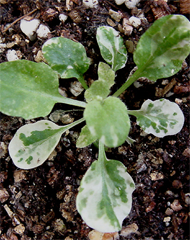
- We investigate photosynthesis and chloroplast development, the fundamental to photoautotrohic growth of plants. Fluctuation of sun light constantly damages photosynthetic apparatuses located in the chloroplasts, and the excess light energy absorbed by them ultimately leads to growth defect. Our research aims in understanding the acclimation to such light stress, by elucidating photoprotection mechanisms. We also investigate chloroplast differentiation from its precursor proplastid, because it requires the proper assembly and quality control of the photosynthetic apparatuses. Using various experimental methods, we explore these mechanisms at molecular level, which will be useful for modification of photosynthetic activity and genetic engineering.
- Professor:Wataru Sakamoto
Associate Professor:Ryo Matsushima
Assistant Professor:Yuki Okegawa

Group of Environmental Response Systems
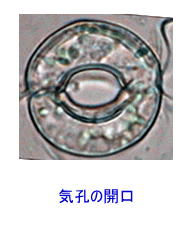
- Because plants cannot move, they are forced to grow wherever they have germinated. In order to survive, plants evolved a large suite of adaptions to face sudden changes in external environment. It is presumed that sophisticated environmental response mechanisms which control responses to stress exist in plants. In our research group, we aim elucidation of these mechanisms, especially those involved in the recognition and signal transduction of abiotic stress signals in plants. In particular, we investigate the function of plant hormones as important second messengers in plants responding to abiotic stress. We use model plants, molecular genetics, molecular biology, and cell physiology methods to understand various stress sensing mechanisms, and interactions between plant hormones (crosstalk) during stress. In particular, we focus on action of abscisic acid, an important signal that regulates plant adaptation to drought stress by control of stomata opening and transpiration rates in water deficient plants.
Professor:Takashi Hirayama
Associate Professor:Izumi Mori
Associate Professor:Yoko Ikeda

Group of Functional Biomolecular Discovery

- Plants are sensitive to various environmental stimuli. They respond to physical, chemical, and biological stress factors. Consequently, plants can undergo changes in their development, morphology, and physiology during their life cycle. We have elucidated the function of enzymes, proteins, and gene regulation factors associated with the stress tolerance of plant cells using biochemical and molecular biological techniques, and their application to development of stress-tolerant plants.
Current research includes 1) Analysis of plant adaptation mechanisms under space environments and development of space stress-tolerant plants, 2) Analysis of regulatory mechanisms for seed dormancy in gramineous crops. - Associate Professor:Manabu Sugimoto
Assistant Professor:Kazuhide Rikiishi

Group of Plant Stress Physiology

- Crop production on 70% of the world’s soil is limited by mineral stresses, which include deficiency of essential elements and/or excess of essential and other elements. To improve crop production on these problem soils, our group specifically examines the response of plants to mineral stresses, especially for understanding the tolerance mechanisms from the gene to the whole plant level.
Professor:Jian Feng Ma
Associate Professor:Naoki Yamaji
Associate Professor:Namiki Mitani
Assist Professor:Noriyuki Konishi

Group of Plant Molecular Physiology
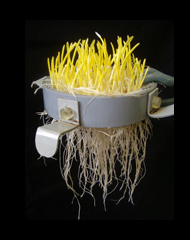
- In the Group of Plant Molecular Physiology, we study plant response mechanisms against drought and salt stress environments, especially at the level of molecular function of plant cells and biomembranes. At present, we focus on: (1) Structure and function of water channels (aquaporins); (2) Plant molecular and cell physiological studies of salt and drought stress tolerance mechanism; (3) Functional analysis of membrane transport against stress; (4) Interaction membrane proteins and membranes. As well as general physiological and molecular biological methods, we use a large number of specialized techniques, such as measurement of root functions (water permeability, ion transport)/ Xenopus oocyte expression system/ electrophysiological measurements/ tracer experiments/ complementary transgenic experiments with yeast mutants / bioinformatics. gene to the whole plant level.
Professor:Maki Katsuhara
Associate Professor:Takayuki Sasaki
Assistant Professor:Shigeko Utsugi

Group of Plant resilience research
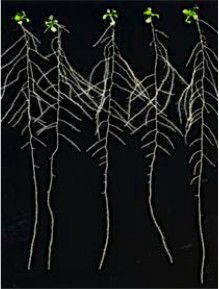
- Nitrogen is one of the most critical nutrients for plant growth and productivity, but its availability often fluctuates significantly under natural conditions. In addition, environmental factors such as temperature, light, and the availability of other nutrients vary simultaneously, creating complex and dynamic environments. To adapt to these challenges, plants have evolved sophisticated mechanisms to flexibly regulate nitrogen acquisition and utilization. Our research group focuses on elucidating the molecular mechanisms of nitrogen sensing and signal transduction, as well as uncovering the regulatory networks that coordinate nitrogen responses with broader environmental stress responses, using molecular biological and physiological approaches.
Professor:Takatoshi Kiba

Group of Plant-Microbe Interactions

- Plant growth is influenced by a large variety of microorganisms including beneficial and harmful ones. Among them, plant-infecting viruses severely damage crops, while mycoviruses-infected phytopathogenic fungi serve as biocontrol (virocontrol) agents. In addition, an increasing number of plant-mutualistic bacteria and fungi that enhance plant growth and promote stress tolerance in plants have been found. In the Group of Plant-Microbe Interactions, we study complex, dynamic interactions between plants and microorganisms to develop novel methods and approaches for plant protection against biotic and abiotic stress factors.
Professor:Nobuhiro Suzuki
Associate Professor:Hideki Kondo
Associate Professor:Kiwamu Hyodo

Group of Plant-Insect Interactions

- Plant defenses against insects evolved in a long-term process of co-evolution of plants and herbivorous insects. In this process, plants developed enormous diversity in their chemical and mechanical defenses. Various defense strategies of plants against insects that involve direct and indirect defense mechanisms are studied in the group. Insecticides are principal control measures in integrated pest management (IPM) but insecticide sprays also damage natural enemies of arthropod pests. In the group, we target eco-friendly plant protection based on the use of natural plant products and the effective integration of natural enemies in IPM.
Professor:Ivan Galis
Associate Professor:Tomonori Shinya

Group of Plant Environmental Microbiology
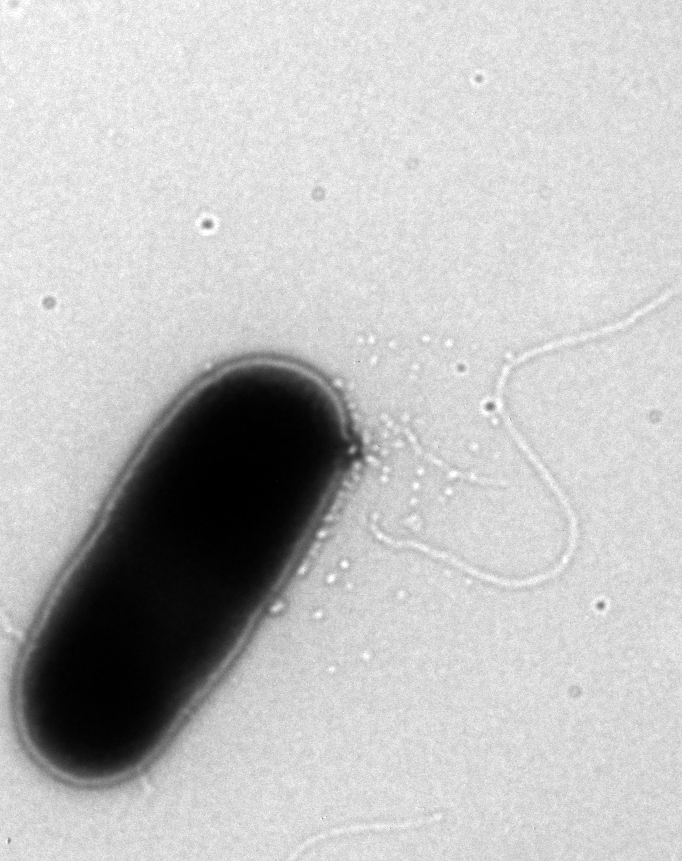
- Plant Environmental Microbiology Group engage in two research topics. One team is interested in interaction between land plant and methylotrophs bacteria. Various microorganisms associating to plants are playing important roles for plant growth. Methylobacterium species that can utilize methanol emitted from plants are mutualistic symbiont that not only utilize methanol but also produce plant hormones. We are conducting functional analysis on their methylotrophy and plant-growth promoting ability. Especially we focus on their lanthanide-dependent methylotrophy.
The other team studies about interaction between aquatic microbes and bloom-forming phytoplankton. Study to date demonstrated that marine viruses are known to terminate bloom by infecting phytoplankton, and marine bacteria may be involved in bloom formation by facilitating growth of phytoplankton. The team is trying to characterize such interstices interaction from cellular and molecular level.
Associate Professor:Akio Tani
Associate Professor:Shoko Ueki
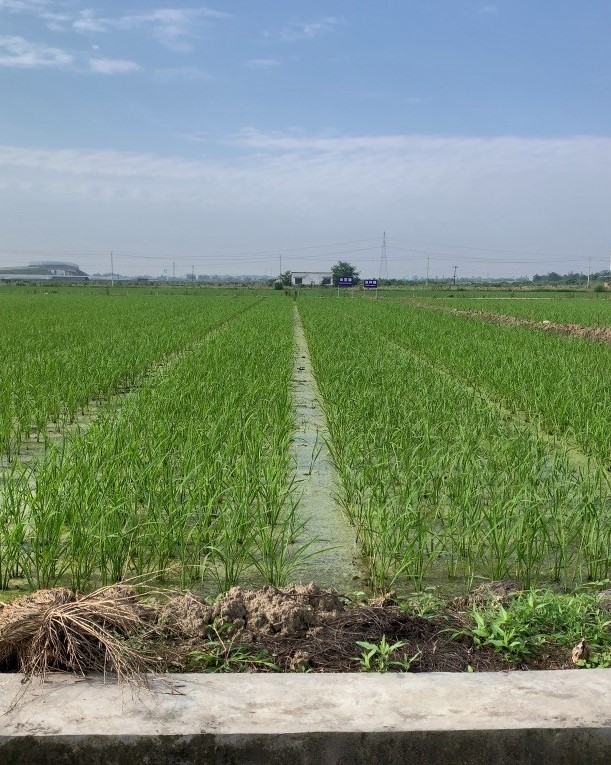
- The Earth’s population is expected to reach 9 billion by 2050. Agriculture must fundamentally change to support this number by the middle of the 21st century. Rice is the most important crop and improving it is an important research topic. The goal of our group is to design new rice plants that deal with biotic stresses and improve important agricultural traits. We have been investigating immunoreceptors and the small GTPase OsRac1, which are one of the major components of rice immunity. We believe that a comprehensive understanding of immune receptors and OsRac1 function will allow us to design rice immunity. To address these issues, we are combining cutting-edge technologies such as live imaging and genome editing.
Professor:Yoji Kawano
Assistant Professor:Fumi FUKADA





